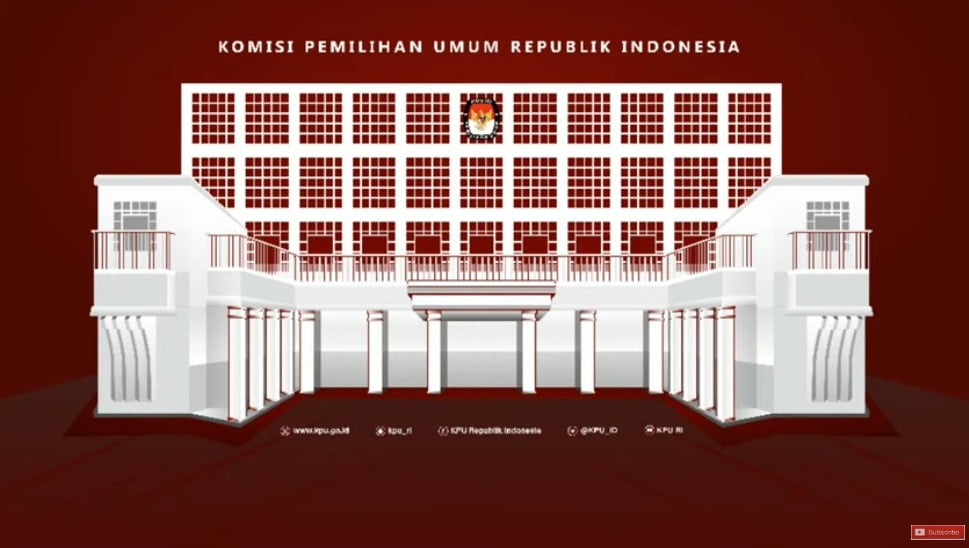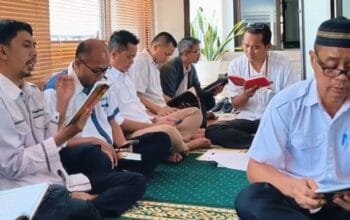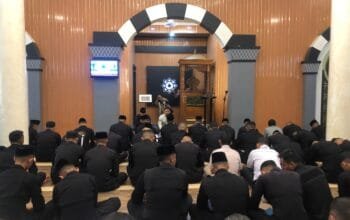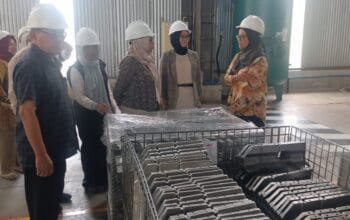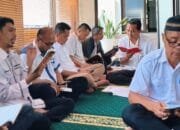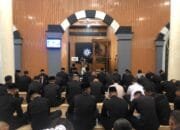The 2024 General Elections (Pemilu) in Indonesia have concluded, bringing with them a significant reshaping of the political landscape. With the dust settling, it’s crucial to understand which political parties have secured seats in the People’s Representative Council (DPR RI), the legislative body of Indonesia. Let’s delve into the outcomes and the implications of this electoral process.
Understanding the Electoral Dynamics
Before we delve into the specifics, it’s essential to grasp the dynamics of Indonesia’s electoral system. Governed by the Undang-Undang Nomor 7 Tahun 2017 tentang Pemilu, political parties must secure a minimum of 4 percent of the national valid votes to convert them into seats in the Senayan. This threshold acts as a filter, ensuring that only parties with significant popular support gain representation in the legislative body.
The Triumph of Eight: Identifying the Victorious Parties
Based on the official results released by the Komisi Pemilihan Umum (KPU), eight political parties have successfully secured their places in the DPR RI. These parties, each bringing their unique ideologies and agendas, stand poised to shape the nation’s future. Let’s take a closer look at them:
1. PDI-P: 25.387.278 votes (16.72 percent)
The Indonesian Democratic Party of Struggle (PDI-P) emerges as a dominant force, garnering substantial support across the nation. With its roots deeply entrenched in the political landscape, PDI-P continues to wield considerable influence.
2. Golkar: 23.208.654 votes (15.29 percent)
Golkar, a longstanding fixture in Indonesian politics, maintains its position as a formidable contender. Its ability to adapt to evolving political climates underscores its resilience and relevance.
3. Gerindra: 20.071.708 votes (13.22 percent)
Gerindra, known for its assertive stance on national issues, secures a significant share of the votes. Its consistent messaging and strong leadership contribute to its electoral success.
4. PKB: 16.115.655 votes (10.62 percent)
The National Awakening Party (PKB) emerges as a key player, reflecting its commitment to advocating for the interests of diverse societal segments. Its emphasis on inclusivity resonates with voters nationwide.
5. Nasdem: 14.660.516 votes (9.66 percent)
Nasdem’s rise signifies a growing appetite for progressive policies and fresh perspectives. As a relatively newer entrant to the political arena, Nasdem’s performance underscores its potential to disrupt traditional power dynamics.
6. PKS: 12.781.353 votes (8.42 percent)
The Prosperous Justice Party (PKS) maintains its foothold in Indonesian politics, appealing to segments of the population aligned with its conservative values. Its consistent messaging and grassroots outreach contribute to its electoral success.
7. Demokrat: 11.283.160 votes (7.43 percent)
Despite facing challenges, the Democratic Party (Demokrat) secures a notable share of the votes. Its commitment to democratic ideals and governance reform resonates with a segment of the electorate seeking change.
8. PAN: 10.984.003 votes (7.24 percent)
The National Mandate Party (PAN) retains its presence in the political landscape, advocating for policies aligned with its nationalist agenda. Its ability to mobilize support reflects its enduring appeal to certain voter demographics.
Analyzing the Implications
The composition of the DPR RI holds significant implications for Indonesia’s political trajectory. With diverse ideologies and priorities represented, the legislative body must navigate complex challenges and chart a course that reflects the interests of the populace.
The outcome of the 2024 General Elections underscores the vibrancy of Indonesia’s democracy and the dynamism of its political landscape. As the elected representatives assume their roles in the DPR RI, the nation stands at a pivotal juncture, poised to address pressing issues and embark on a path of progress and development.

